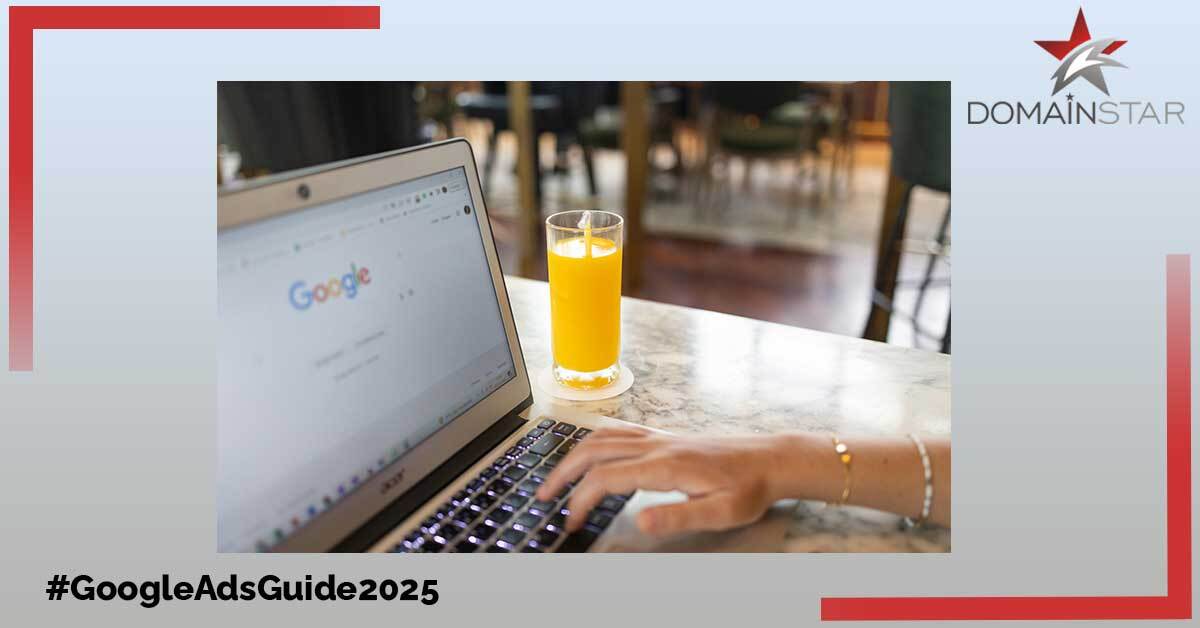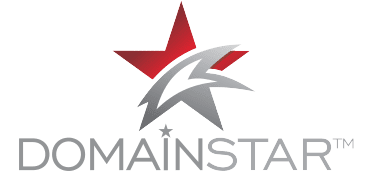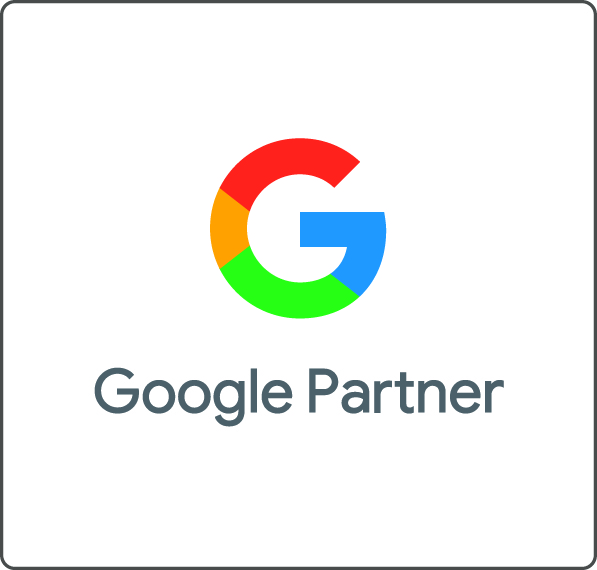According to the overall search results, the ideal title length for Search Engine Optimisation in Cyprus is between 60 to 65 characters.
To make sure that your title tags are relevant to both readers and search engines, we created a checklist you can follow in order to get exactly what you want!
Keywords
The keywords you include in your title tags may be even more essential than the length itself!
When title tags are adjusted with the appropriate keywords, they may do work just right for your SEO.
Just include your most relevant and desired keywords that you want to rank for, but don’t overdo it, for the sole reason that Google can easily detect keyword stuffing and may change the title of your web page.
Nevertheless, there has been a lot of discussions regarding keyword placement in a title tag for SEO.. should it be at the start, towards the end? Make sure your most important keywords are at the beginning of the title so that if it is cut short, the critical information is visible.
Stop Words
It is suggested to avoid using stop words such as “A”, “And”, ”But” , ”So”, ”On”, ”Or” etc, even if it seems impossible! However, if you try using different words, you can still get the message across to potential clients.
Unique Titles
Because the majority of the web pages on your site will be unique (according to your product or service), you should identify them using their titles. Still, it is better to avoid using basic titles like “Home” or “Profile.”
If you do, Google may rewrite the name to something more appropriate for the content of the web page.
Whether your title tags are for search engines or your existing or potential clients, the purpose of having unique titles is to boost your click-through rate and eliminate any confusion between you (i.e: the brand) and the search engines.
Therefore, all you have to do is to give each page a unique title that corresponds to what the viewer will see when he/she visits your website.
Action Words
Having action words in your title tags will push your audience to click-through your website.
These are words that express an action, for example “Get”, “Take”, “Learn”, “Go”, “Discover” and many more, allowing the user to know what kind of content they can expect to find on the page.
Note: While title tags can augment your meta-descriptions, having a clear message on your title tag lets clients know what to expect from the beginning.
Titles & Branding
Famous brands tend to incorporate their brand name at the end of title (If there is space of course!).
If not, and you wish to include your name, you can always shorten your page title and leave some space to incorporate it.
This allows people to recognize and link you with your website webpage, as well as significantly boost click-through rates.
Titles are the most visible and prominent element of a SERP result and having your brand name out there will convince people that the website is credible, trustworthy and contains reliable information.
Headings
You can target various keywords by using a different heading than your title tag, which works as a 1-2 SEO punch.
Take advantage of the various SEO ranking elements and improve your content to enhance your ranking potential for both.
Even though title tags are not a major ranking element, they are still important and worth looking at and thinking about how it can affect search ranks.
For more information on how to improve your SEO strategy do not hesitate to contact us.





